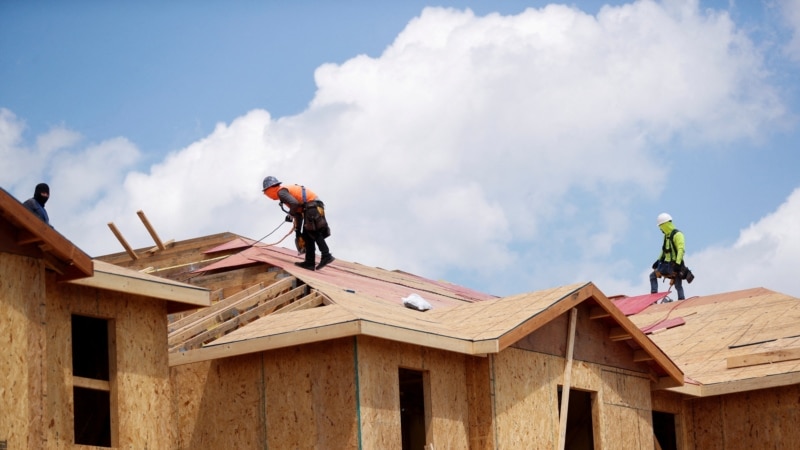
U.S. central bank policymakers are meeting in Washington on Wednesday and could signal how soon they plan to curb their direct support for the pandemic-hit American economy and raise the bank's benchmark interest rate to curtail rising prices for consumer goods. The Federal Reserve is not expected to immediately increase its interest rate, which it has held at near zero percent since the outset of the pandemic in March 2020. But the policymakers could indicate whether they plan to raise the rate in March, perhaps by a quarter-percentage point, as hinted previously, and how many more times they might do so again throughout 2022. Their goal in raising the interest rate, perhaps four times this year, is to curb consumer demand and, correspondingly, curtail inflation. The annual inflation rate stood at 7% in December, the biggest surge in U.S. consumer prices in four decades. The Fed's benchmark rate plays a key role in the U.S. economy, the world's largest, because it influences the cost of borrowing for consumers when they buy such big-ticket items as cars and houses and for businesses for the machinery and goods they need to operate. The Fed policymakers are also weighing when to end the central bank's direct support of the U.S. economy, which has recovered faster from the pandemic than economists had once predicted. The unemployment rate dipped to 3.9% in December, not far above the five-decade low of 3.5% recorded before the coronavirus swept into the country. At its peak, in April 2020, the jobless rate was 14.7%. The prospect of higher interest rates in 2022, even though predicted for months, has frightened investors throughout January, with one broad U.S. stock index, the S&P 500, plunging about 8% from a record high at the beginning of the month. As a result, some financial analysts say they are hoping the Fed will give some clarity about its plans for the rest of the year. Policymakers are already slowing a bond purchase program they had been using to boost the economy. Ahead of the Fed meeting, Greg McBride, Bankrate.com's chief financial analyst, suggested in a statement that "the initial interest rate hike from the Federal Reserve could come in March. But could it be a larger, half-point hike? If there is any likelihood of that happening, this is the meeting where the Fed needs to begin prepping markets for that possibility." "Mortgage rates (for homebuyers) have surged since the beginning of the year as the outlook takes shape for interest rate hikes that are sooner and faster than previously expected," he said. "Mortgage rates are still well below 4% but in an environment of already sky-high home prices, more would-be home buyers are priced out of the market with each move higher in mortgage rates."
Most Read